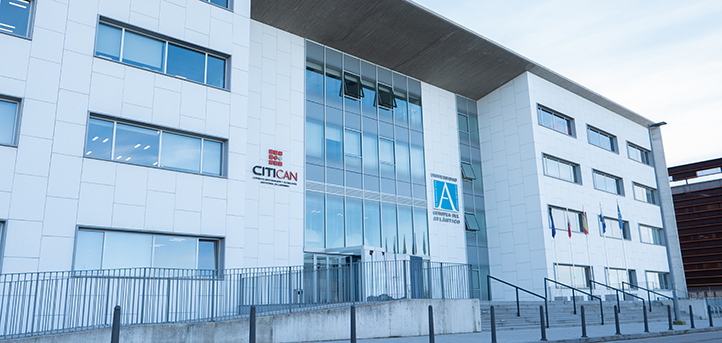The community authorities select ten Spanish universities, among them the Universidad Europea del Atlántico (European University of the Atlantic) (UNEATLANTICO), to lead the international improvement of education.
The research work and international projection of UNEATLANTICO has been recognized by the European Commission through its election, along with nine other Spanish universities, to coordinate projects within the framework of Erasmus+ that serve to modernize and increase the quality of higher education in third countries around the world.
According to the call for proposals, 159 projects will receive 115 million euros in funding to boost cooperation between nearly 130 countries, both members of the European Union and third countries around the world in order to modernize and internationalize their programs and curricula.
In the case of Spain, in addition to UNEATLANTICO, the universities of Castilla-La Mancha, Barcelona, Valladolid, Pontificia de Salamanca, Alicante, Sevilla, Cádiz, Carlos III de Madrid, and Pablo de Olavide de Sevilla have been selected. Therefore, UNEATLANTICO is one of the two private Spanish universities that have been selected by the European Commission.
UNEATLANTICO and international projects
The choice of UNEATLANTICO among the universities is a strong endorsement of the university’s work in the field of international projects. The institution is currently leading the DigitalTA (2022-2025) project, selected by the European Education and Culture Executive Agency (EACEA) among the 11 best projects out of more than 50 in the “Erasmus+ Teacher Academies” call of 2021. This initiative also involves the Iberoamerican University Foundation (FUNIBER), together with other European institutions.
The main objective of the project is to improve the practical training of pre-service and in-service school teachers in the countries of the European Union, thereby reducing the number of school dropouts.
UNEATLANTICO is also coordinating the project E+DIETing_LAB (2022-2025), which aims to improve practical training in dietetic education and promote a community/service-learning approach related to nutrition and healthy habits as a social responsibility of the university.


